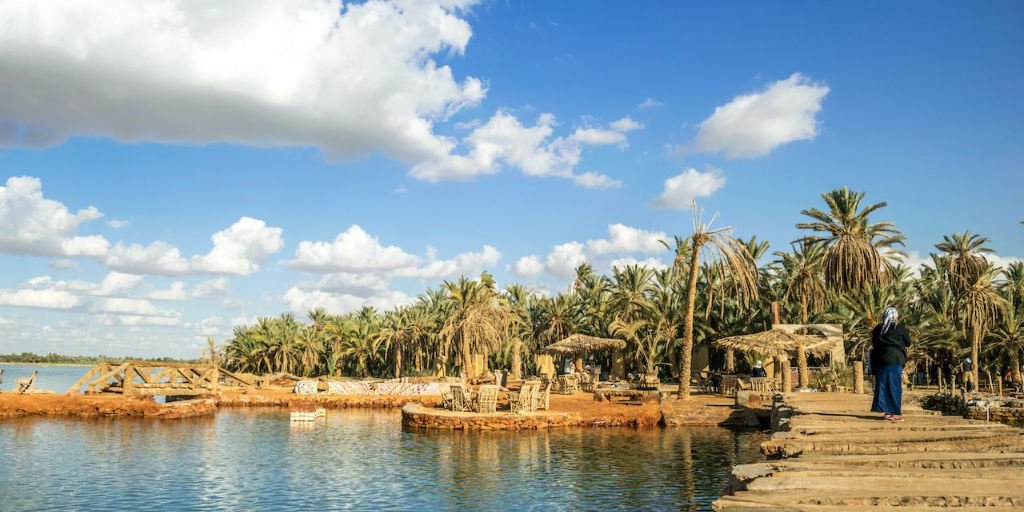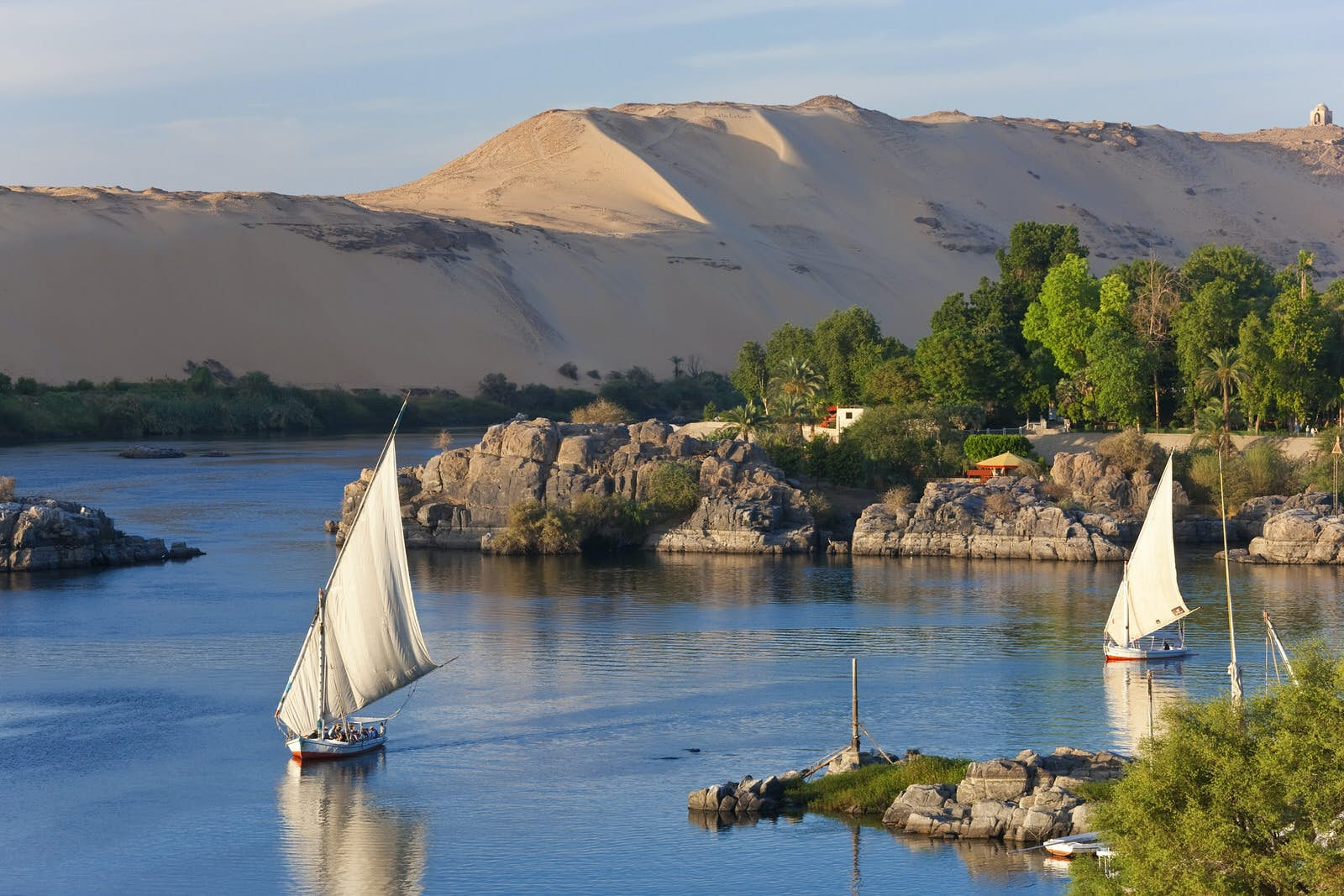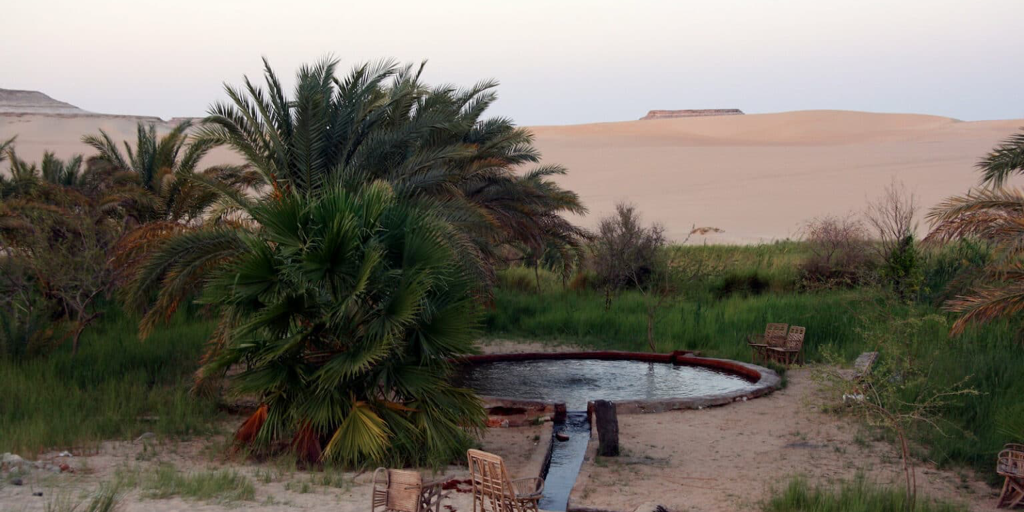Health tourism entails individuals travelling to a destination with the purpose of receiving treatment. That includes travel with the intention of improving one’s physical, mental or spiritual health.
Within health tourism, there is both wellness tourism and medical tourism. Wellness tourism is tailored towards enhancing wellbeing whereas medical tourism is geared towards the physical aspect of health treated either through advanced medical methods or natural remedies.
In Egypt, heath tourism has been on the rise. It is a destination that boasts a number of natural resources that have been found to treat a number of physical ailments. The water in certain areas in Egypt, most notably the springs, have been said to remedy skin conditions, and respiratory and rheumatism diseases, among other ailments.
Moreover, the country’s climate, particularly along the coast of the Red Sea is said to have health benefits that alleviate the symptoms of incurable diseases, namely psoriasis.
Here are 4 locations around Egypt that offer alternative medicine in an effort to boost health tourism.
Black Sand in Safaga
Along the red sea is a small port known as Safaga. Today, it attracts tourists not only for its beautiful vistas but for the healing properties that are found in the natural resources of its shores.
Safaga is one of the areas hailed for its treatment of the skin condition psoriasis.
Around 125 million individuals globally are affected by psoriasis. It is a chronic disease that is inflammatory and primarily affects the skin and the joints. Moreover, the condition comes with its own set of emotional and psychological distress in patients.
While it does not have a cure, the symptoms can be treated.
The sand in Safaga has been found to carry certain minerals that aid in the appeasing of joint pains, skin inflammation and psoriasis. These are uranium, thorium, and potassium.
Moreover the water in Safaga is 35 percent saline, which is higher than the percentage found in the Mediterranean sea. The high percentage is also believed to treat several ailments.
Hot Springs in Siwa

There is a smattering of hot springs in Siwa. Aside from the emotional benefits gleaned from relaxing in a hot spring, these sources of water are said to have healing powers for the body.
The concentration of sulphur found in hot springs treats the symptoms of inflammatory diseases such as rheumatoid arthritis.
Hydrotherapy, which is a mode of alternative therapy that utilises water to alleviate certain health conditions, dates back to ancient Greece when sulphureous springs were used for myriad treatments including muscular and joint ailments.
Siwa has over 226 fresh water hot springs, the most famous of which is Cleopatra’s pool. Constructed with stones, the hot spring is believed to have once hosted the ancient Egyptian queen herself.
Mud Baths in Sinai
Mud baths are not a new concept. The practice dates back to ancient civilisations including the Romans and indigenous tribes that would use volcanic mud to bathe since 2500 BC. In recent years, however, they have grown in popularity due to the number of benefits they afford their bathers.
Located in Ras Sudr, the mud in Wadi Assal is known to be naturally suffused with minerals which boast anti-inflammatory properties.
Moreover, it is believed to help treat symptoms of arthritis, joint pain, and muscle pain.
Sand Baths in Aswan

Photo via Lonely Planet
While Aswan is most notably associated with its awe-inspiring heritage sites and a rich history, it is also a location where tourists partake in natural medical treatments. One of these is sand bathing.
Sand bathing is thought to have curative properties that target a number of health conditions. With its praises sung, over the years those afflicted by rheumatism and joint pain have made their way to Aswan to seek the natural remedy.
Treatment by sand bathing is spread over three to five days with a session lasting between 10 to 15 minutes. Following the bath, participants — buried neck deep in sand — are then offered a warm drink. Throughout the treatment, showers are not allowed and patients should not be exposed to cold air. These treatments are overseen by experienced individuals.
Known as Psammotherapy, sand baths are said to have origins in ancient Egypt with the first recording of the practice being in the Siwa Oasis. However, it is a method that has been found in a number of other ancient civilizations such as ancient Greece.


Comments (4)
[…] Source link […]
[…] Source link […]